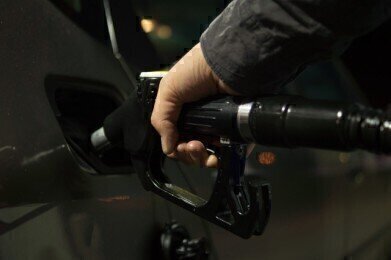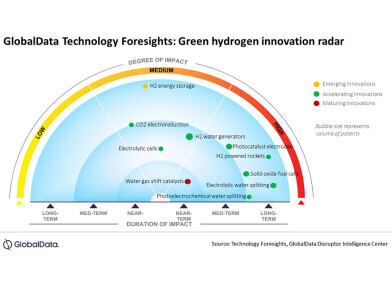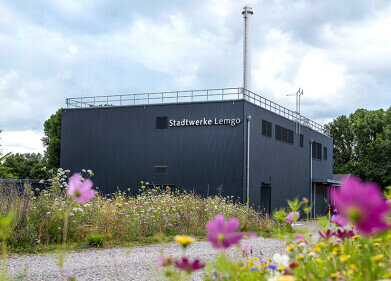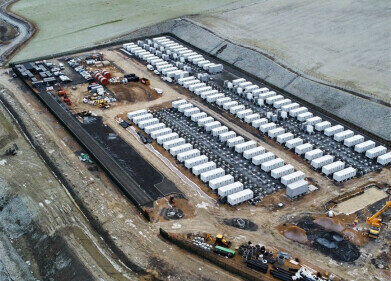Green Energy
Could Electric Vehicle Charge Points Outnumber Petrol Stations by 2020?
Aug 19 2016
Electric vehicles (EVs) are on the rise. The number on the road in the UK alone has risen to about 80,000 from just 3,500 in 2013. But you rarely see them charging up. Compared to conventional petrol or diesel powered cars, they are still in the minority. With an increasing choice of electric vehicles as more manufacturers get involved in the area, there could be a shift beginning. So could the charging points eventually outnumber the amount of petrol pumps?
Changing numbers
EV charging points are very different to the conventional petrol pump. The cars take much longer to ‘refill’. With a few hours required, EVs are typically left at charging points while the owner is at work, or even overnight. A report by Nissan found that there are now 4,100 public charging points available for EVs. It’s a massive increase from 2011, when the number was in the hundreds. What’s more, they have estimated that, by August 2020, the number will rise to 7,900.
So how does this line up with the figures for traditional fuel stations? The 8,472 figure released in the report demonstrates a clear decrease since 1970’s figure of 37,539. In the last 40 years, in fact, over 75% of them have closed. Nissan suggests that this number will continue to fall to below the predicted figure for EV charging points.
Rise in interest
The report also suggests that the rate of expansion may rise if the interest in EVs becomes greater. It’s definitely a possibility. Recent figures from the automotive industry indicate that an electric vehicle is registered every 13 minutes. The aforementioned increase in choice is important. Not only the design of the car, but the battery ranges and prices are becoming more and more attractive for drivers.
It’s no longer a case of just reducing emissions. The investment in the industry is leading to improved efficiency of the vehicles, which in turn is making it more cost effective to run them. Bloomberg New Energy Finance has even forecast that EVs will be cheaper to run that a standard car by as soon as 2022.
Energy solutions
Electric cars are just one of the ways we can reduce emissions. Energy-efficiency is a huge step forward. Harnessing waste energy is a great way to improve energy-efficiency as well as cost-efficiency. This can be industrial as well as personal. ‘Converting Wastewater into Energy’ focusses on the efficiency of water companies both financially and in reducing emissions.
Events
Apr 22 2024 Hannover, Germany
Apr 23 2024 Kuala Lumpur, Malaysia
Apr 24 2024 Sao Paulo, Brasil
May 05 2024 Seville, Spain
May 13 2024 Munich, Germany














